Chinese Bulk Herbs – Aconite Root (Fu Zi)
Aconite has been used in Chinese medicine for malaise (mild sickness or depression) and for general weakness. Plus, Aconite has been used for poor circulations, cancer, and heart disease. In low doses it can be used for colds, influenza, rheumatism, and congestion. The German Commission E has recognized the effectiveness of aconite in treating neuralgia (acute spasmodic pain).
Traditional, aconite has been used by the Chinese for hundreds of years as a homeopathic treatment. It’s a very powerful herb that stimulates the spleen and kidneys.
Aconite is usually combined with other herbs because even in small doses, it can inhibit respiration and lead to respiratory failure. Aconite contains aconitine as its active ingredient and aconitine is a highly poisonous alkaloid. Normally it’s used with other herbs to lessen its effects.
Clinical Use (Chinese):
For joint pain in rheumatic or rheumatoid arthritis due to Pathogenic Cold and Dampness, and for epigastric pain (pain upper central region of the abdomen) with cold sensations due to Cold. It is also used as an analgesic (medicine given to reduce pain).
Latin Name:
Aconitum carmichaeli
Chinese Name:
Fu Zi
Common Names:
Monks Hood, Chinese aconite, Carmichael’s monkshood or Chinese wolfsbane
Parts Used:
Root
Properties:
Some herbalist use aconite as a lotion with only a small amount (1.3%) of aconitine in it. It should be used with other herbal preparations but it mostly used as a tea or infusion. Some herbalists make ointments, liniments, and lotions with small amounts of aconitine added.
Cautions:
Aconite should never be taken while pregnant and should never be used on broken skin. If a skin reaction to aconite occurs, discontinue its use immediately.
You should always be under the care of a qualified expert when using aconite. As little as two milligrams of aconitine taken internally may cause death. Side effects are numbness, cardiac arrhythmia, dizziness, hypothermia, muscle spasms, nausea, vomiting, blurred or double vision, speech difficulties, burning and difficulty breathing.
*Disclaimer: These statements have not been evaluated by the Food and Drug Administration. This product is not intended to diagnose, treat, cure or prevent any disease.
**This information is provided to assist trained practitioners of traditional Chinese medicine with selection of products. If you are not familiar with these formulas or concepts please consult an acupuncturist or herbal practitioner trained in the use of Chinese herbs or refer to more in-depth reference materials. Chinese herbal remedies are meant to improve health and function, not act as a substitute for medical care.

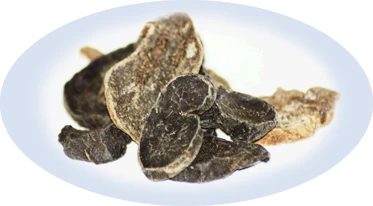
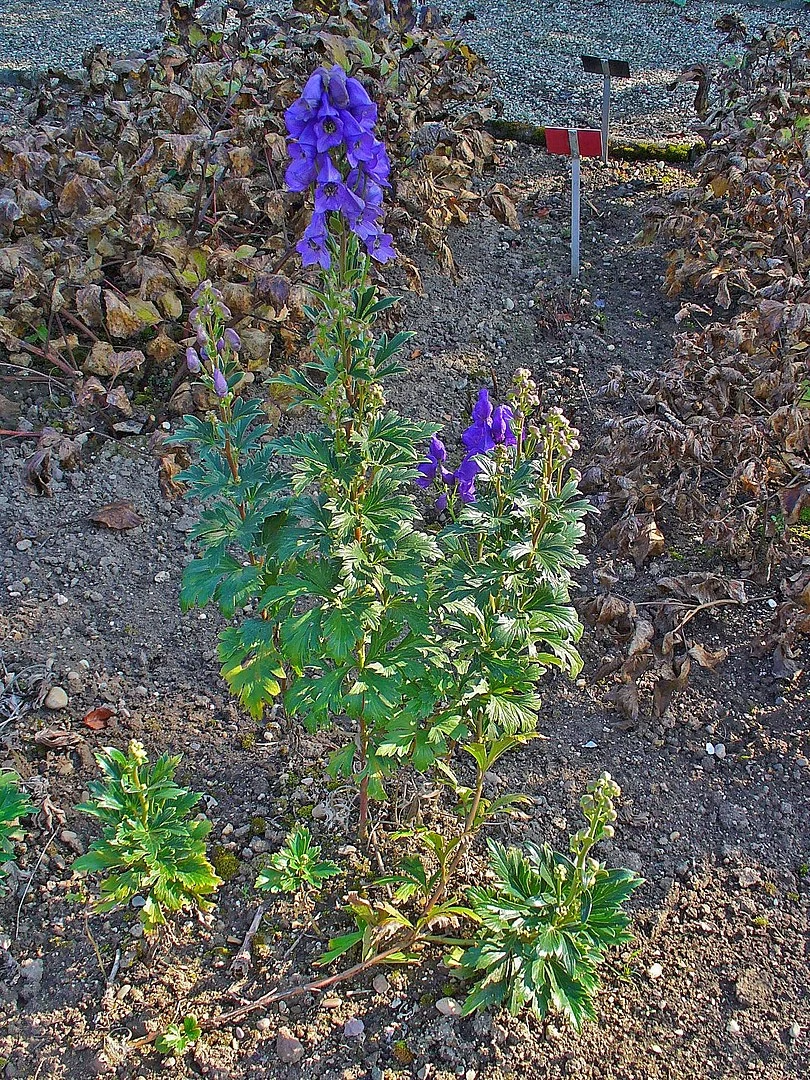
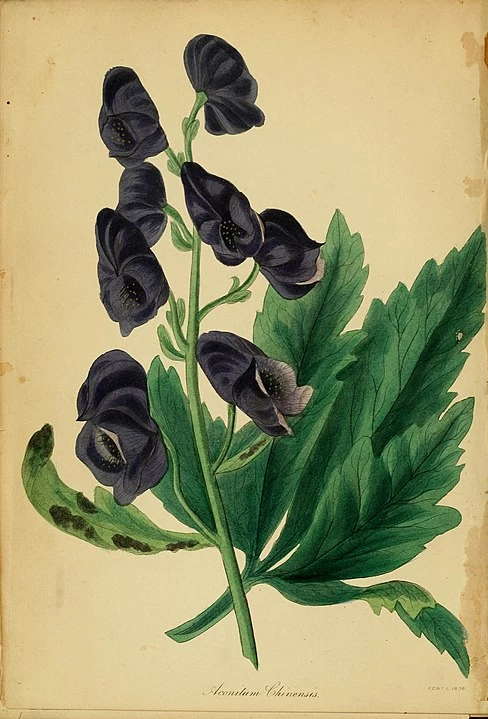
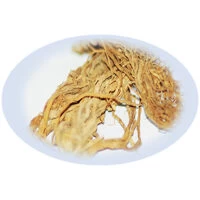
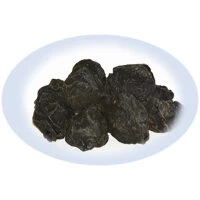
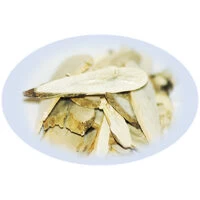
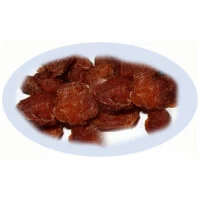

Reviews
There are no reviews yet.